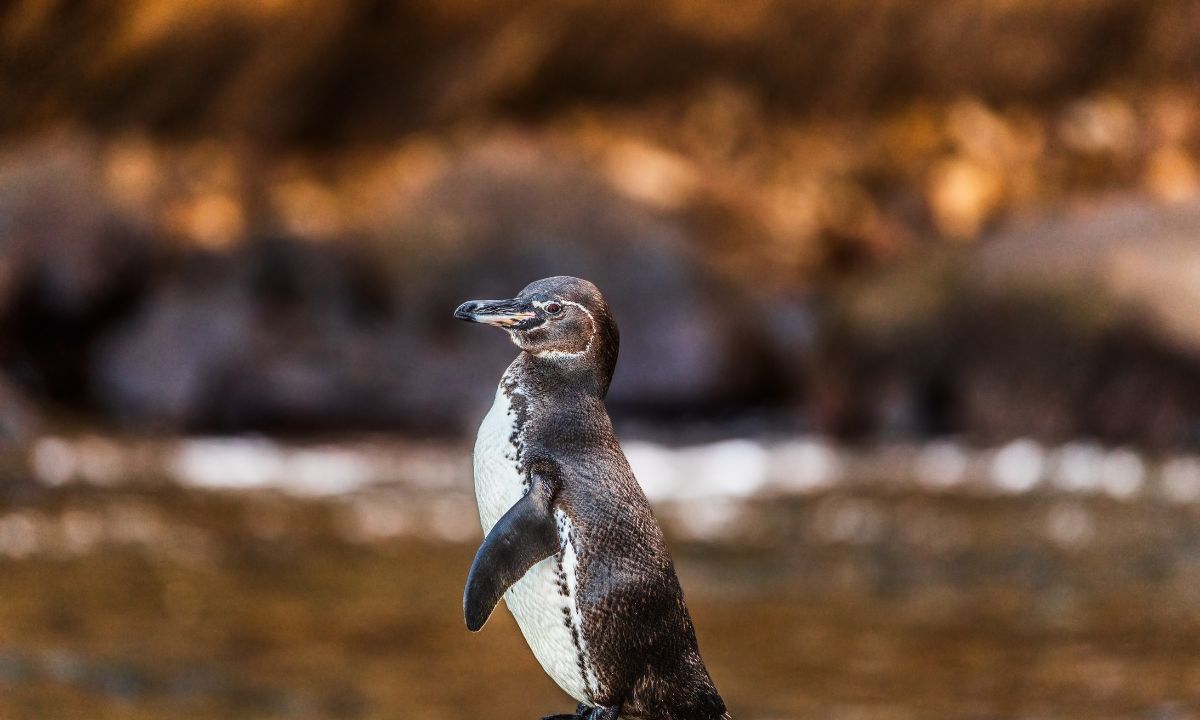Introduction
In the intricate web of life on our planet, every species plays a crucial role. From the tiniest insects to the majestic elephants, each organism contributes to the balance and resilience of ecosystems. However, in recent times, human activities have accelerated the rate of species extinction to alarming levels. The loss of biodiversity not only threatens the survival of individual species but also undermines the health of entire ecosystems, including our own. In this blog post, we delve into the importance of protecting endangered species and why their preservation is vital for the well-being of our planet.
The Importance of Biodiversity
Biodiversity is the cornerstone of life on Earth. It encompasses the variety of genes, species, and ecosystems present in our world. Every component of biodiversity serves a unique function, whether it’s pollination by bees, nutrient cycling by decomposers, or regulation of climate by forests. Biodiversity ensures the stability and resilience of ecosystems, making them more adaptable to environmental changes. Moreover, diverse ecosystems provide essential services such as clean air, fresh water, fertile soil, and climate regulation, which are indispensable for human survival and well-being.
Threats to Biodiversity
Despite its importance, biodiversity is under siege due to human activities. Habitat destruction, pollution, overexploitation, climate change, and invasive species are among the primary drivers of species extinction. Deforestation, for instance, not only directly eliminates habitats but also disrupts intricate ecological relationships. Pollution, including plastic waste and chemical contaminants, poses a grave threat to aquatic and terrestrial ecosystems. Overhunting and overfishing push many species to the brink of extinction, disrupting entire food webs. Climate change exacerbates these threats by altering habitats and shifting ecological patterns, leaving many species struggling to survive in changing conditions.
The Ripple Effect of Species Extinction
When a species goes extinct, it sets off a chain reaction of consequences throughout the ecosystem. Known as the “extinction cascade,” this phenomenon can destabilize entire ecosystems and lead to further species losses. For example, the disappearance of pollinators like bees can disrupt plant reproduction, leading to declines in food production and biodiversity. Similarly, the loss of apex predators can trigger population explosions of prey species, causing imbalances in ecosystems. Moreover, many species provide valuable ecosystem services such as pest control, nutrient cycling, and soil enrichment, which are irreplaceable once lost.
Ethical and Aesthetic Value
Beyond their ecological significance, every species has inherent value and deserves protection. Each organism is the result of millions of years of evolution, with its own unique adaptations and behaviors. From the intricate patterns on a butterfly’s wings to the haunting call of a whale, biodiversity enriches our lives in profound ways. Moreover, many cultures around the world have deep spiritual and cultural connections to specific species, viewing them as sacred or symbolic. By preserving endangered species, we not only honor their intrinsic worth but also safeguard our collective heritage for future generations.
Conservation Efforts and Solutions
Addressing the crisis of species extinction requires concerted efforts at local, national, and global levels. Conservation initiatives such as habitat preservation, species reintroduction, captive breeding programs, and sustainable resource management are crucial for protecting endangered species. Additionally, strict enforcement of wildlife protection laws and regulations is essential to combat illegal poaching, trafficking, and habitat destruction. Collaborative efforts involving governments, NGOs, scientists, local communities, and the private sector are needed to achieve meaningful progress in biodiversity conservation.
Conclusion
In conclusion, protecting endangered species is not just a moral imperative but a matter of survival for humanity and the planet as a whole. Every species, no matter how small or obscure, plays a vital role in the intricate tapestry of life on Earth. By preserving biodiversity, we not only ensure the resilience of ecosystems but also secure essential ecosystem services and uphold the intrinsic value of all living beings. As stewards of this planet, it is our responsibility to act decisively to protect endangered species and safeguard the richness and diversity of life for future generations.



